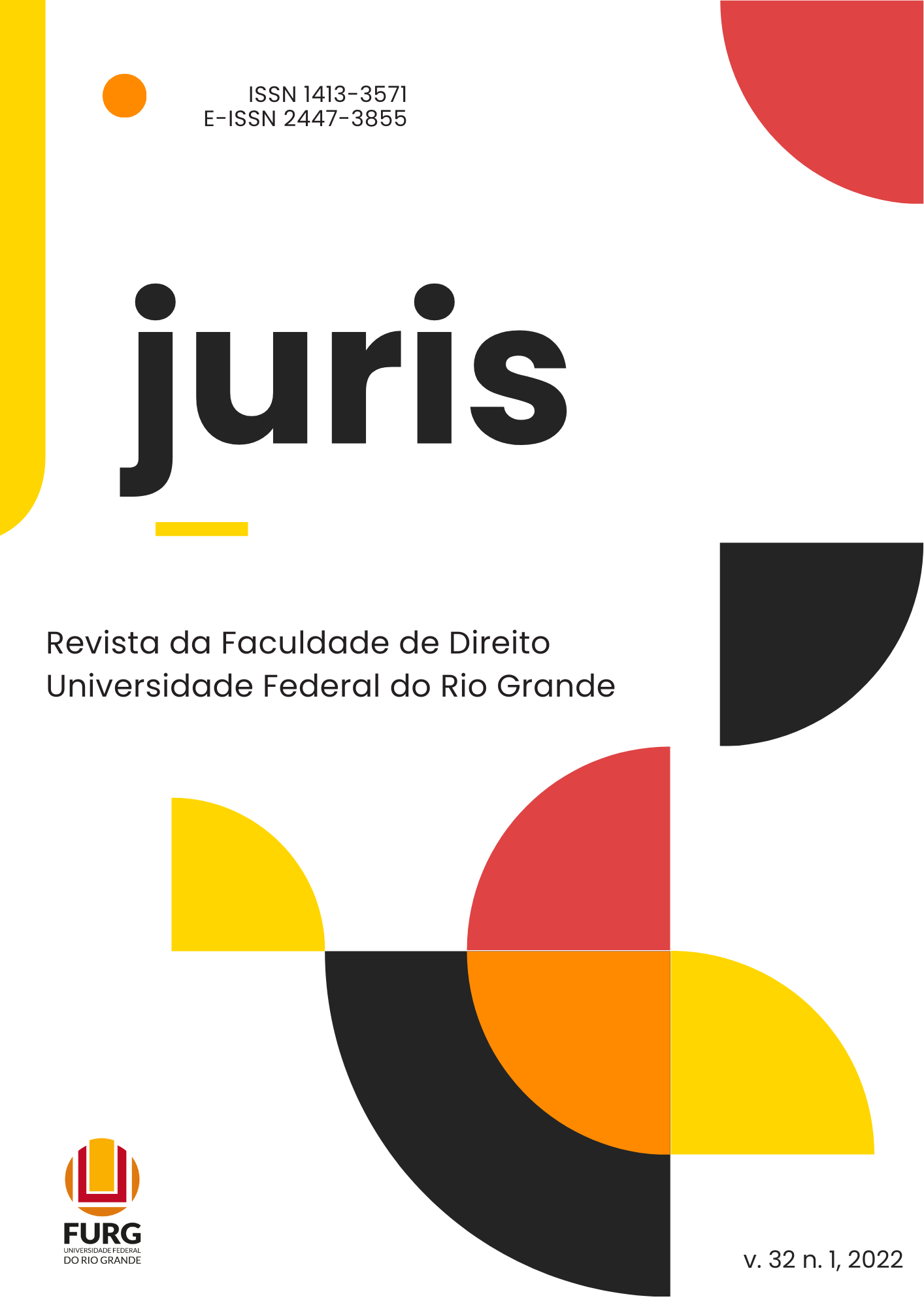Dignity of the human person and criminalization:
chemical castration as an unconstitutional penalty for sex crimes
DOI:
https://doi.org/10.14295/juris.v32i1.15216Keywords:
Chemical Castration, Comparative law, Constitutionality, Criminology, Human DignityAbstract
This article aims to analyze the possibility of inserting chemical castration into the Brazilian legal system as a penalty for sexual crimes, in view of the principle of human dignity. The study offers a comparative overview of the application of this measure in the United States of America and Spain, based on statistical information and results from each country regarding the effectiveness of such a practice in reducing the recidivism of sexual crimes. It is noteworthy that, as in Brazil, all countries that tried, or implemented the chemical castration penalty for sexual crimes, needed to analyze the penalty from a constitutional perspective, especially with regard to the dignity of the human person and the prohibition of cruel feathers. While the United States of America legally adopted chemical castration under the argument that it represents a clinical treatment (and not a penalty), Spain and Brazil, on the other hand, recognize that the measure characterizes an affront to human rights, which results in its unconstitutionality. Despite the existence of bills dealing with this matter since 1997, all the projects were shelved for violating the guiding principles of the Federal Constitution of 1988.
Downloads
Downloads
Published
How to Cite
Issue
Section
License

This work is licensed under a Creative Commons Attribution 3.0 Unported License.
Ao encaminhar os originais, o(s) autor(es) cede(m) os direitos de publicação para a JURIS.







